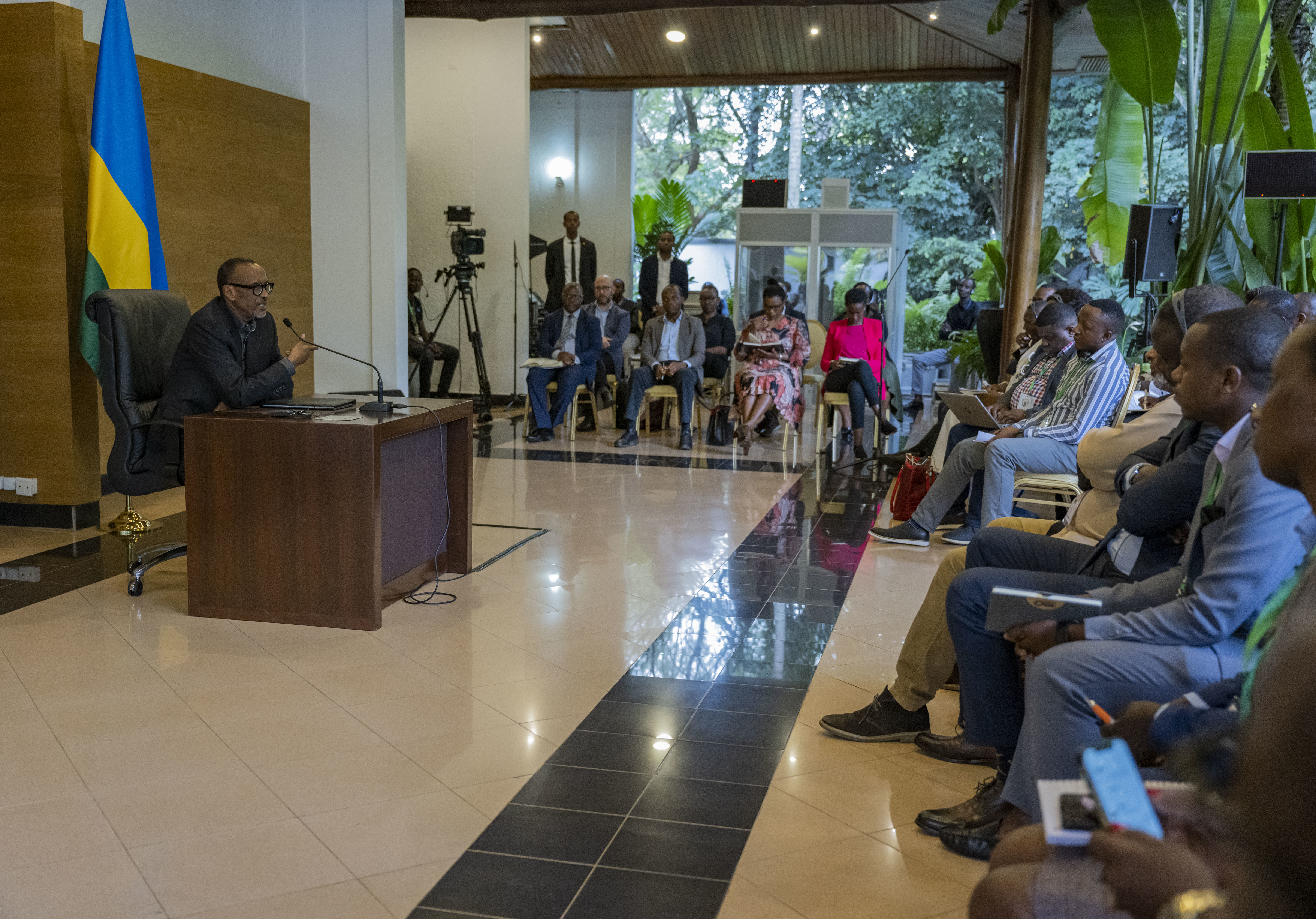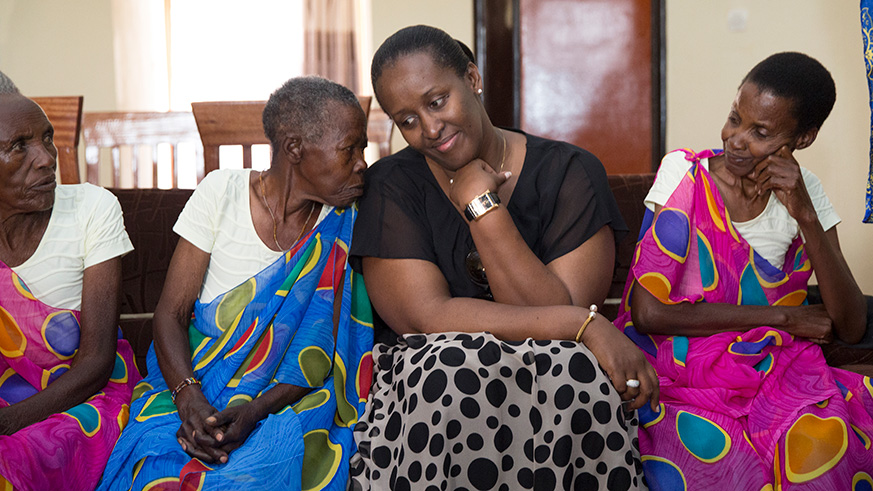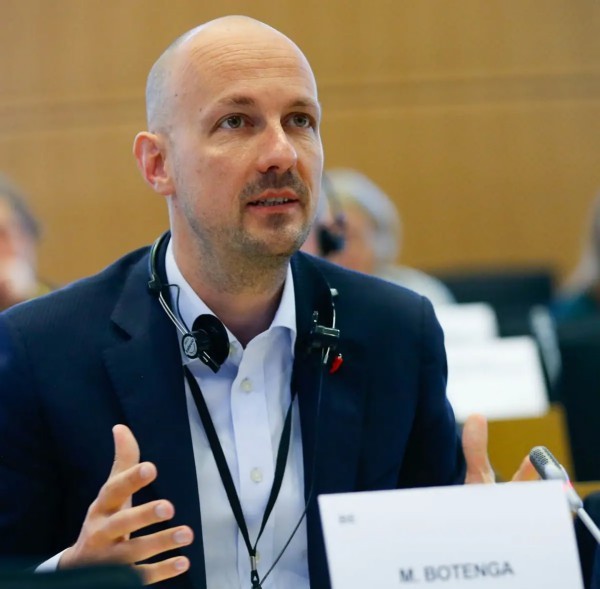Regional
Rwanda: Kagame not sure about being on the ballot come 2024

Rwanda
is scheduled to hold presidential elections in August 2024. While critics have
been complaining that the incumbent, President Paul Kagame, will leave no stone
unturned to stay in office, he is not sure of the upcoming polls.
During
a press conference on March 1, in Kigali, one of the journalists asked Kagame whether
he has prepared someone to take over.
“Why
not prepare myself as well? I think someone needs to prepare himself or herself
and then if they need my support I give it to them. But it’s not a big
challenge for me, with time. I’m increasingly prepared to go home and have some
rest. About what happens next year for elections, I’m not so much worried. I’m
at peace with myself and with everything that will happen in regard to that
next year,” Kagame responded.
The
Pan-Africanist, as many call him, announced that the upcoming election is not
one of the things that takes much of his time.
Later
on, another journalist asked: “Clearly talking, won’t you Mr President
re-candidate yourself next year?”
“To
be honest, I don’t know. But when I say I don’t know, it means it is either
way. It could be, may be it won’t be. So, go home with 50-50,” Kagame replied.
In
the previous elections, Kagame was overwhelmingly voted for. It was Rwandans
who decided that he be the President all this time.
It
was their choice in the past and it will be their choice in future.
In
the aftermath of the 1994 Genocide against the Tutsi, Rwanda was devastated.
Kagame is very appreciated by his people and the world in general for
reconstructing the country from all sectors of life.
When
Kagame became Rwanda‘s president in 2000, he inherited a country that had
been torn apart by genocide and even the most optimistic of analysts doubted
his chances. But he proved many doubters wrong.
Twenty
three years later, the country is stable, prosperous, unified and, in large
part, reconciled. Social services, such as education, healthcare, housing and
livestock are provided to everyone with no discrimination based on ethnicity or
region of origin – two forms of discrimination that characterised the
governments leading up to the genocide against the Tutsi in 1994.
According
to official statistics, Rwandans are living longer and healthier, with life
expectancy increasing from 51.2 years in 2002 to 69.6 years in 2022.
More
than 82 per cent households have access to good drinking water, while nearly 80
per cent of Rwandan households have access to electricity.
Rwanda
is ranked 11th globally and 2nd in Africa with over 87 per cent of citizens
saying that they feel safe and confident in the security organs.
Rwanda
is participating in restoring peace and security in other countries -
Mozambique, Central African Republic, and South Sudan among others.
Kagame
and his government made Rwanda one of the most successful and fastest growing
economies in Africa.
The
country is ranked first in Africa and 42nd globally in adherence to the rule of
law, according to the World Justice Project's Rule of Law Index 2022.
These
are few achievements among many others which make Rwandans wish that Kagame
stays in office.
Ninety-two
per cent of Rwandans wanted Kagame for third term, according to a survey
conducted by Ipsos, a global research firm, that was released in December 2015.
For
many Rwandans, Kagame is a hero and statesman. Has that view changed? Rwandans
will soon tell.




.jpeg-20230305111648000000.jpeg)
.jpeg-20230305103109000000.jpeg)

